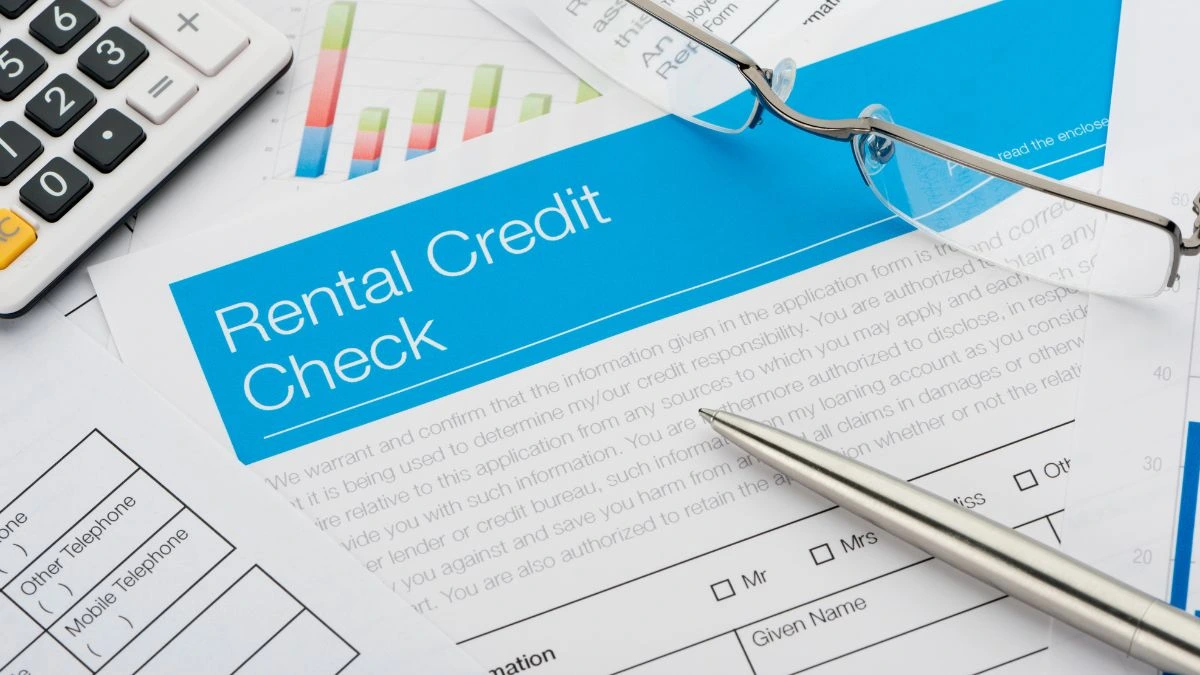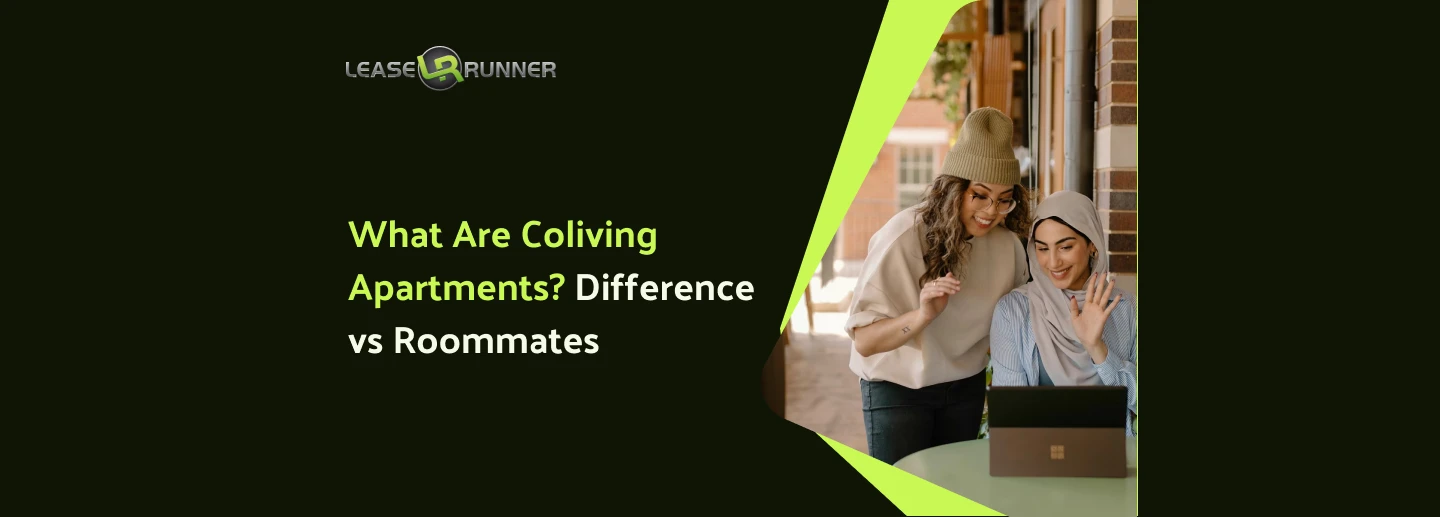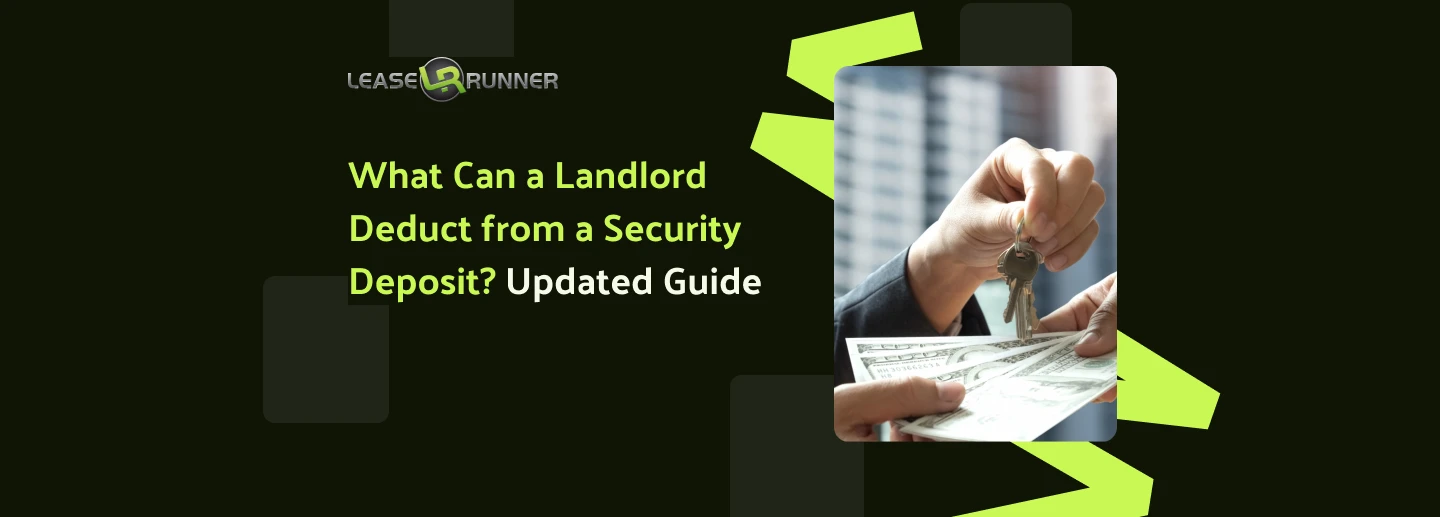
When you're applying for a rental property, your potential landlord wants to know if you're reliable and trustworthy. Enter rental verification! This process helps landlords confirm your rental history, making sure you're someone who pays rent on time, takes care of the property, and follows the rules.
So, what is rental verification, and how do landlords actually check rental history? Let's dive into our article and explore the process in detail, including what forms are used, common mistakes to avoid, and the role of online rental verification.
What is Rental Verification?

Rental verification is the process landlords use to confirm a tenant’s rental history. It typically involves reaching out to previous landlords to verify information about the applicant’s rental behavior to ask questions like:
- Did you pay rent on time?
- Did you take care of the property?
- Were there any issues during your tenancy?
The information helps landlords make an informed decision and minimizes the risk of dealing with a troublesome tenant. Understanding what is rental verification is the first step for both landlords and tenants in navigating the rental market.
What does a Rental Verification include?
A comprehensive rental verification typically includes a few key components. What does a rental verification include can vary, but generally, it covers:
- Confirmation of Tenancy: Verifying the dates you lived at a previous address.
- Payment History: Checking if rent was paid consistently and on time.
- Property Condition: Assessing how well you maintained the unit and whether you caused any damage beyond normal wear and tear.
- Lease Compliance: Ensuring you followed all the rules of the lease agreement.
- Behavioral History: Inquiring about any complaints, such as noise issues or violations.
- Reason for Moving: Understanding why you left the previous property.
In short, it’s a detailed background check of your life as a tenant.
Why Verifying a Tenant’s Rental History is Important?

Verifying a tenant’s rental history is more than just a routine step - it’s one of the most reliable ways to protect your property and ensure you’re renting to the right person. Here’s why it matters:
1. Helps Landlords Make Better Decisions
Rental verification ensures that the information a tenant provides is accurate. By confirming addresses, payment history, and landlord references, you can determine if the applicant is trustworthy. As industry experts often note, rental verification helps landlords “make more informed decisions about selecting a reliable tenant.”
2. Reduces Financial and Property Risks
Choosing a tenant without checking their rental background can lead to costly mistakes. A tenant with a history of late payments or property damage is more likely to repeat that behavior. By confirming their history, landlords reduce the chances of lost income, evictions, and repairs.
3. Reveals Tenant Behavior and Lease Compliance
Credit scores only show financial responsibility, but rental verification reveals how tenants behaved in their previous homes. Did they follow lease rules? Were they respectful to neighbors? Did they return the property in good condition? These insights can make or break an application. This is a key reason why landlords check rental history beyond just a credit score.
4. Encourages Long-Term, Stable Tenancy
Tenants with positive rental history are usually more stable and reliable. They are more likely to stay longer, pay consistently, and care for the property. This reduces turnover costs and helps maintain the overall quality of the rental community.
5. Ensures Legal Compliance and Transparency
Having verified records protects landlords from disputes and legal issues. A documented rental history provides evidence if disagreements arise and shows that the landlord followed a fair, transparent screening process.
In conclusion, a solid rental history verification ensures landlords can make informed decisions, avoid tenant screening mistakes, and protect their property investment. For example, a credit check may show a high score, but without confirming rental history, you don’t know if the tenant has had conflicts with past landlords.
What If a Tenant Doesn’t Have a Rental History?
Not every applicant has a long rental history. This is common with younger tenants, first-time renters, or individuals moving from overseas. So what if you don’t have rental history?
In these cases, landlords often look for alternative forms of verification, such as:
- Provide Co-signer/Guarantor: A co-signer, often a parent or guardian, agrees to take financial responsibility if you fail to pay rent. This offers the landlord a layer of security.
- Show Proof of Income: A landlord will want to see that you can afford the rent. Providing pay stubs, bank statements, or a letter of employment can demonstrate financial stability.
- Offer Personal References: While not as strong as a landlord reference, personal references from employers, professors, or community leaders can speak to your character and reliability.
- Write a Letter of Explanation: Sometimes, a simple, honest letter explaining your situation can go a long way. Explain why you don't have a rental history and highlight your positive qualities.
- Offer a Larger Security Deposit: While not always an option, some landlords may be willing to accept a larger deposit as a form of reassurance.
While lacking rental history isn’t necessarily a dealbreaker, landlords will usually require stronger proof of income and reliability before approving the application.
What Questions to Ask in a Rental Verification Form?

A landlord verification form is one of the most reliable ways to gather information from previous landlords. But what does a rental verification include? Typically, the form will cover:
- Dates of tenancy: Can you confirm the dates the tenant lived at your property?
- Monthly rent amount: What was the monthly rent amount?
- Payment history (on time, late, or missed payments): Did the tenant pay their rent on time and in full?
- Lease violations (if any): Were there any significant lease violations?
- Property condition at move-out: Did the tenant maintain the property and leave it in good condition?
- Whether the tenant is eligible to rent again: Based on your experience, would you rent to this tenant again?
Additional helpful questions may include:
- Did the tenant follow community or building rules?
- Were there ever issues with neighbors or complaints filed?
- Did the tenant cause any property damage beyond normal wear and tear?
- Did the tenant have pets, and if so, were there any problems related to them?
- Was the security deposit returned in full, or were deductions required?
So, what questions do landlords ask previous landlords? In addition to the standard points above, many will ask whether the tenant gave proper notice before moving out, if they had pets, and whether neighbors ever filed complaints.
How to Check a Prospective Tenant’s Rental Verification?

So, how do landlords check rental history? Landlords will use several steps when checking rental verification. The process combines direct communication with previous landlords and formal tenant screening methods. Here’s a step-by-step breakdown:
1. Obtain a Rental Application
The rental application is the starting point. This form should ask for all the necessary information, including:
- Full name and contact information
- Social Security number
- Previous addresses and landlord contact information
- Employment and income details
- Authorization to conduct background and credit checks
2. Verify Rental History
This is the core of how do landlords verify rental history. The landlord should contact each previous landlord listed on the application. A landlord verification form can be used to ensure all the necessary questions are asked. When you call, be prepared to verify the tenant’s identity and confirm the details they provided.
But how do landlords verify rental history? It's good practice to cross-reference the landlord’s phone number and information online to ensure it's legitimate. You might also ask questions only a real landlord would know, like "What was the address of the property?" or "What was the rent amount?"
3. Conduct a Credit Check
Credit reports reveal if the tenant manages finances responsibly. A good credit score and a history of on-time payments for other bills are strong indicators of a reliable tenant.
So, how do landlords check rental history with credit? Landlords look at the payment history, debt-to-income ratio, and any evictions or judgments. A credit check can reveal past issues that a landlord reference might not mention.
4. Check Employment and Income
Stable employment and income are essential for consistent rent payments. Most landlords require recent pay stubs, W2 forms, or bank statements to confirm income. Verifying employment and income can be done by:
- Calling the employer
- Requesting recent pay stubs
- Reviewing bank statements
5. Perform Background Checks and Identity Verification
So, can landlord see the rental history through a background check? Yes, some tenant screening reports include eviction records and other public information that can reveal a tenant’s past. You can also verify the tenant’s identity by checking their photo ID and comparing it to the information on their application.
6. Use a Tenant Screening Service
To simplify the process, many landlords use a tenant screening service such as LeaseRunner. This service streamlines the entire process, from application to background and credit checks, ensuring you get a complete and accurate picture of your prospective tenant. This saves you time and reduces the risk of making an error.
Common Rental Verification Mistakes (and How to Avoid Them)
Even experienced landlords can make mistakes during the rental history verification process. Avoiding these pitfalls can save you from a bad tenant down the road. Below are some common rental history verification mistakes and tips for steering clear of them.
1. Skipping Thorough Tenant Screening and Background Checks:
Some landlords approve tenants based only on the rental application. This is risky because it doesn’t reveal credit issues or past evictions. The solution is simple: always include credit checks, background checks, and rental history verification before making a decision.
2. Using Generic or Incomplete Rental Agreements:
A vague lease often leads to conflicts over rent, maintenance, or rules. To avoid this, use a detailed, legally sound contract that covers responsibilities clearly. Many landlords now prefer digital agreements, such as an online rental contract, to ensure nothing important is missed.
3. Neglecting Legal Right to Rent Checks (Where Required):
In some areas, landlords must confirm that tenants have the legal right to rent. Skipping this step can cause legal trouble. The best approach is to stay updated on local laws and perform right-to-rent checks whenever required.
4. Failing to Keep Accurate Documentation and Records:
Relying on verbal agreements or not storing records makes disputes difficult to resolve. The easy fix is to keep copies of applications, rental verification forms, and communications, ideally stored digitally for easy access.
5. Not Verifying Income and Affordability Properly:
Approving tenants without checking income often leads to unpaid rent. To prevent this, landlords should confirm income with pay stubs, bank statements, or employer letters, making sure it is at least three times the monthly rent.
6. Overlooking Property Condition Documentation:
Without photos and inspection reports, it’s hard to prove if a tenant caused damages. The solution is to document property conditions at move-in and move-out, using written checklists and pictures for comparison.
7. Not Having Appropriate Insurance Coverage:
Even with careful screening, unexpected events can happen. Landlords without proper insurance face financial risk. The smart step is to carry landlord insurance that covers property damage, liability, and loss of rental income.
Summary
Ultimately, knowing what is rental verification and why it matters can save you time and stress in the rental process. With tools like LeaseRunner, landlords can easily verify rental history, ensuring that both parties are confident and informed. It’s an efficient way to get your rental applications approved faster.
FAQs
Q1: How do landlords check rental history?
Landlords verify rental history by contacting previous landlords or using tenant screening services. LeaseRunner helps by collecting rental history details through its online rental application and offering tenant screening services, including credit checks, background reports, and income verification. However, landlords should still confirm past tenancy records directly for accuracy.
Q2: What is landlord verification?
Landlord verification refers to the process in which a landlord confirms a potential tenant’s rental history. This is done by reaching out to previous landlords or using tenant screening reports to check details like payment history, lease compliance, and the tenant’s overall behavior during their previous tenancy.
Q3: What questions do landlords ask previous landlords during rental history verification?
When verifying a tenant’s rental history, landlords typically ask a series of questions to get a clear picture of the tenant’s behavior.
- Did the tenant pay rent on time?
- Were there any issues with property maintenance or cleanliness?
- Was the tenant respectful to neighbors and the property?
- Did the tenant follow the lease terms and conditions?
- Were there any complaints or violations during their tenancy?
Q4: What information can a previous landlord disclose?
A previous landlord can legally disclose certain details about a tenant’s rental history, including:
- Dates of tenancy: The start and end dates of the tenant’s lease.
- Payment history: Whether rent was paid on time, including any late payments.
- Property condition: Whether the tenant left the property in good condition or caused damage.
- Lease violations: Any breaches of the lease terms, such as noise complaints or unauthorized pets.
- Evictions: If the tenant was ever evicted during their stay.
However, landlords cannot disclose personal opinions, discriminatory comments, or anything not related to the tenant’s rental history.







